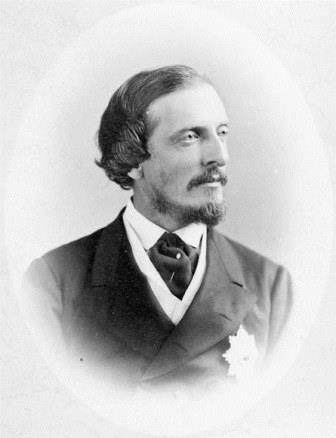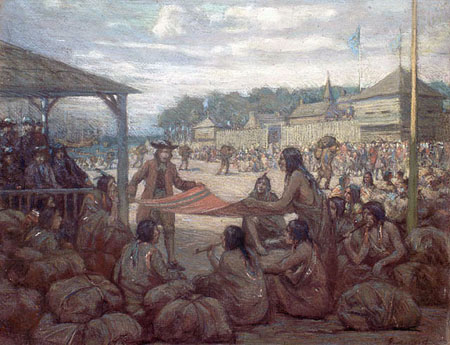Article
Frederic Baraga
Frederic Baraga, Catholic missionary priest (b at Mala Vas, present-day Republic of Slovenia, 29 Jun 1797; d at Marquette, Mich 19 Jan 1868). He came to the US in 1830 and dedicated his life to serving the OTTAWA and CHIPEWYAN.










